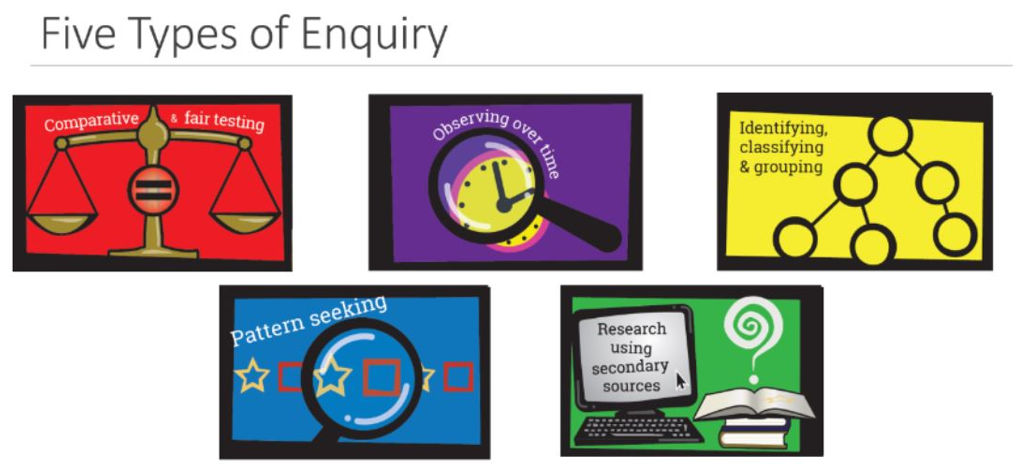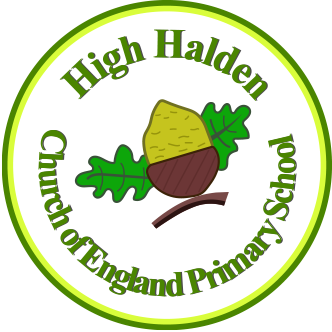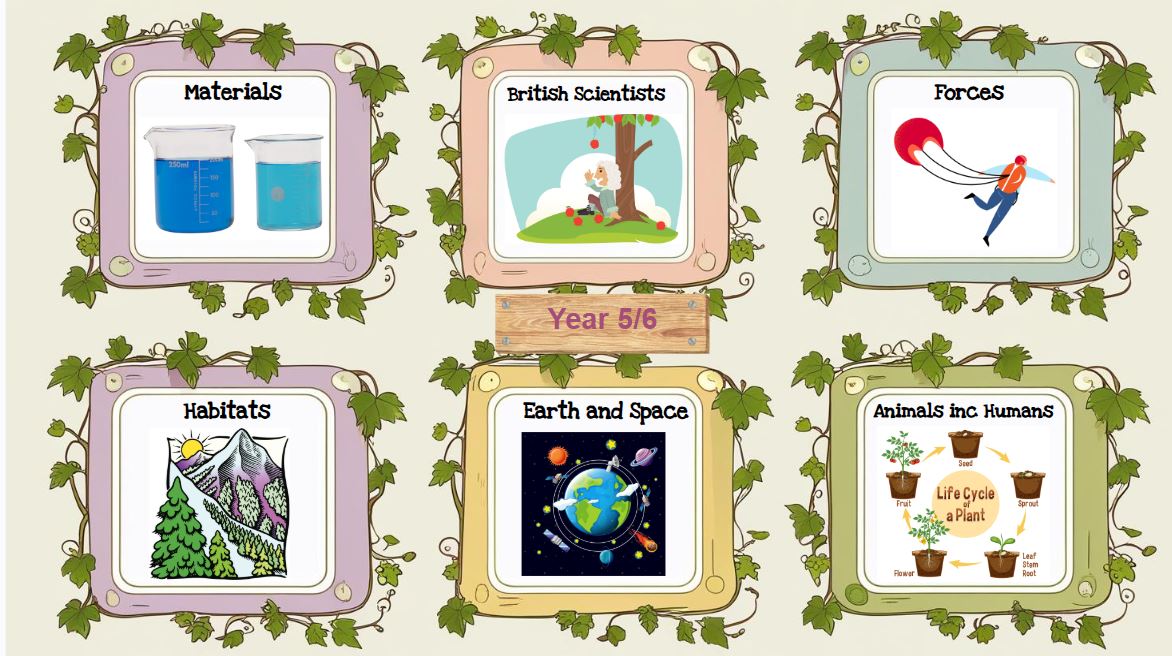Science
🔬 Science at High Halden C of E Primary School
“The important thing is to never stop questioning.” – Albert Einstein
At High Halden, we want every child to leave us with a scientist’s mindset — curious, questioning, and confident to explore the world around them.
Our Science curriculum is designed to:
-
Foster intrinsic curiosity about the universe
-
Encourage respect for both the living and non-living world
-
Equip pupils with the knowledge, concepts, skills, and attitudes to work scientifically and think critically
Science here is not just about facts — it’s about asking why, how, and what if. We nurture children to become independent thinkers, capable of planning and conducting investigations, using evidence to support their ideas, and communicating their findings with confidence.
🧪 Working Scientifically
We ensure that Working Scientifically skills are taught and built upon year by year. These skills are embedded in lessons so that pupils learn to:
-
Ask questions and develop lines of enquiry
-
Use equipment safely and accurately
-
Plan and carry out investigations
-
Analyse data and draw conclusions
-
Explain concepts clearly using scientific vocabulary
Our lessons incorporate a wide range of enquiry types:
-
🔍 Pattern seeking
-
⏳ Observation over time
-
📊 Classifying and grouping
-
⚖ Undertaking comparative and fair testing
-
📚 Research using secondary sources
At the heart of our teaching is first-hand experience — giving children practical, engaging opportunities to explore scientific ideas in real contexts.

🌱 Science Progression at High Halden
EYFS – Exploring the World
In the Early Years Foundation Stage, science is woven into Understanding the World. We spark curiosity by exploring:
-
Similarities and differences in objects and living things
-
Habitats and places in the local environment
-
Materials and their properties
-
Seasonal changes — especially within our own school grounds and the village of High Halden
These experiences lay the foundation for scientific thinking, encouraging children to ask questions, make observations, and talk about changes they notice.
Key Stage 1 (Years 1 & 2) – Building Foundations
Children begin to investigate the natural world more systematically, studying:
-
Animals (including humans) and their features
-
Senses and body parts
-
Seasonal changes
-
Everyday materials and their uses
-
Plants and their basic structures
They also learn about significant scientists who have changed the way we understand the world. Working in mixed-age classes allows pupils to revisit and deepen learning over a two-year cycle.
Lower Key Stage 2 (Years 3 & 4) – Expanding Knowledge
Pupils build on their KS1 learning by exploring:
-
Living things and their habitats
-
Plants (including functions and growth)
-
Light and sound
-
Forces and magnets
-
Rocks and soils
-
Electricity
Children begin to:
-
Ask their own scientific questions
-
Decide which type of enquiry will best answer them
-
Use scientific vocabulary in both discussion and writing
-
Draw simple conclusions from evidence
Upper Key Stage 2 (Years 5 & 6) – Deepening Understanding
By the end of primary school, pupils should have a broad and deep understanding of key scientific ideas. They study:
-
Living things and their life cycles
-
Animals, including humans (circulatory system, reproduction, health)
-
Properties and changes of materials
-
Earth and Space
-
Evolution and inheritance
-
Advanced electricity and light
They explore more complex relationships and interactions, make systematic observations, and use data to justify their conclusions.
In Cycle A, they also investigate the work of British scientists and how their discoveries have shaped our world.
🌟 Our Science Vision
By the time they leave High Halden, our pupils will:
-
Think like scientists — questioning, reasoning, and testing ideas
-
Have a secure body of scientific knowledge ready for secondary school
-
Understand the importance of science in everyday life and the wider world
-
Appreciate the work of scientists past and present, and be inspired to see themselves as future innovators





